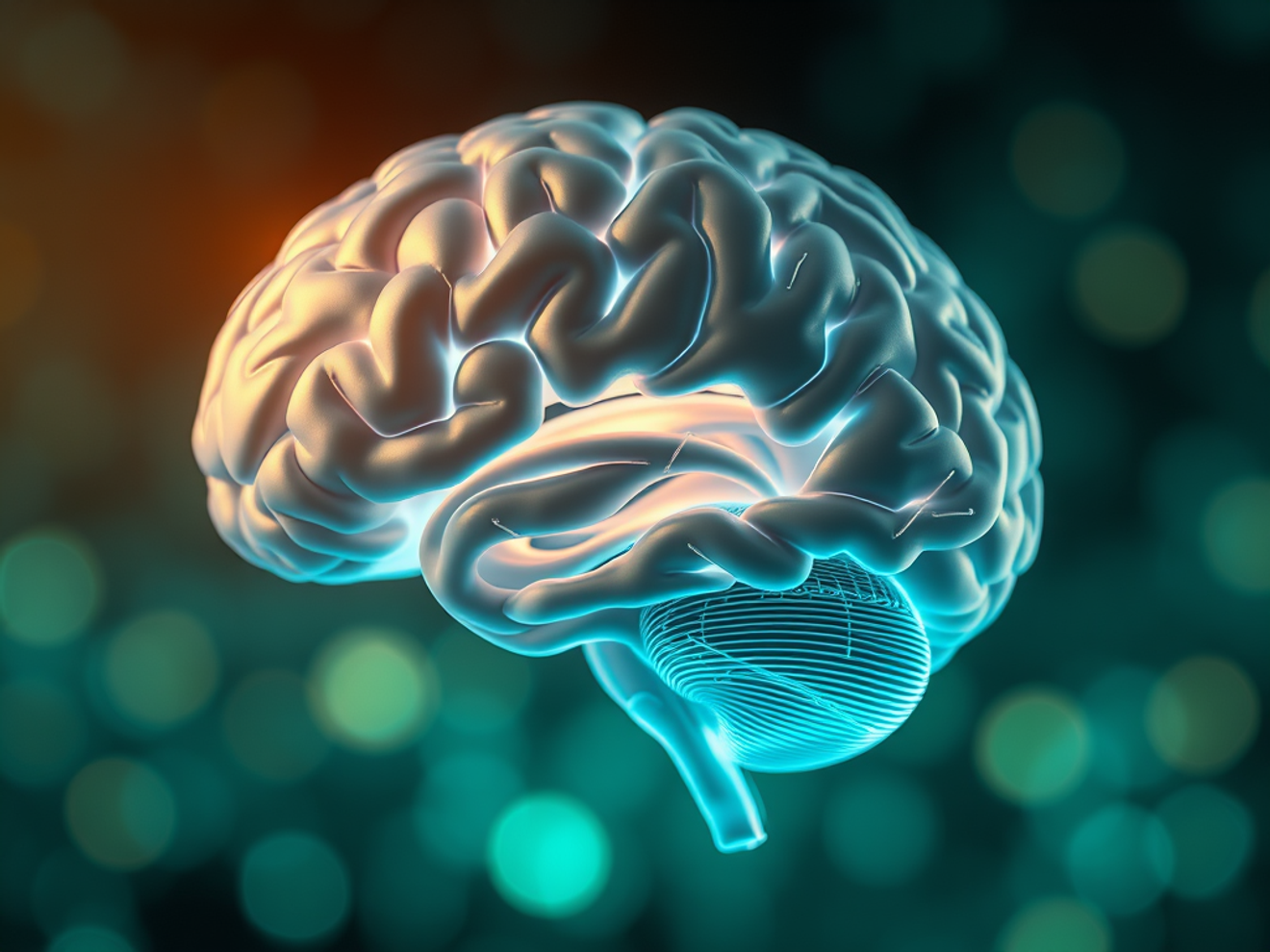Subject
- #Amygdala
- #Planning
- #Procrastination
- #Motivation
- #Dopamine
Created: 2024-10-17
Created: 2024-10-17 23:35
Procrastination is a common problem today, affecting studies, work, and personal plans. You might have several things you intend to do tomorrow, or have a detailed plan for the future. But you often find yourself with reasons that make your brain hit the "pause" button. Yes, you're struggling with procrastination. To improve this, you must understand exactly why we often postpone our plans and projects.

There are many reasons for procrastination, but two key factors strongly influence it: the amygdala and dopamine.
1. Amygdala is part of the brain's limbic system, playing a crucial role in processing emotions, especially those related to fear and anxiety. When faced with a stressful or anxiety-inducing task (such as a large project or difficult job), the amygdala may detect potential danger, triggering the "fight-or-flight" response. This makes people want to avoid the task, leading to procrastination to temporarily reduce stress and avoid negative emotions.
2. Dopamine is an important neurotransmitter that regulates the brain's reward system and feelings of satisfaction. It influences motivation and how people seek rewards. People tend to seek short-term rewards rather than patiently working towards long-term ones. This is related to a process called temporal discounting – undervaluing the worth of future rewards.

When dopamine is activated, people easily get addicted to "instant reward" activities like browsing social media, watching TV, or playing games, procrastinating on more important but emotionally less appealing tasks. Beyond promoting immediate gratification, dopamine deficiency can lead to a lack of motivation to start difficult or not immediately enjoyable tasks. This may explain why some people procrastinate when they don't feel interested in or motivated by the work to be done.
To eliminate procrastination, use methods to control negative emotions caused by the amygdala and change how the brain responds to instant rewards provided by dopamine. Here are some effective methods:

1. Manage negative emotions from the amygdala: through meditation, yoga, and deep breathing exercises, you can identify the amygdala's activity, accept its presence, and gradually control and reduce its impact on your brain.
2. Improve planning and task assignment skills: breaking down long-term plans and large tasks into smaller, easier-to-accomplish short-term plans and tasks will increase motivation and reduce procrastination.
3. Reset the brain's instant reward mechanism: instead of relying solely on instant gratification from social media, watching movies, or playing games, create small rewards for each step completed in your tasks or plans.
4. Stop waiting for inspiration to act: action is not only a result of motivation but also a cause of motivation. So, get started instead of waiting for motivation to come to you.
5. Create a distraction-free environment: eliminating distractions such as phone notifications, emails, and other distracting factors is also an effective method to increase focus on planned tasks and projects.
This article shares insights into procrastination and five methods to overcome it, focusing on an analysis from the perspective of human nature, related to the workings of the amygdala and dopamine. These two key factors drive the brain to make decisions to procrastinate, stemming from negative emotions and the desire for instant rewards.
Comments0